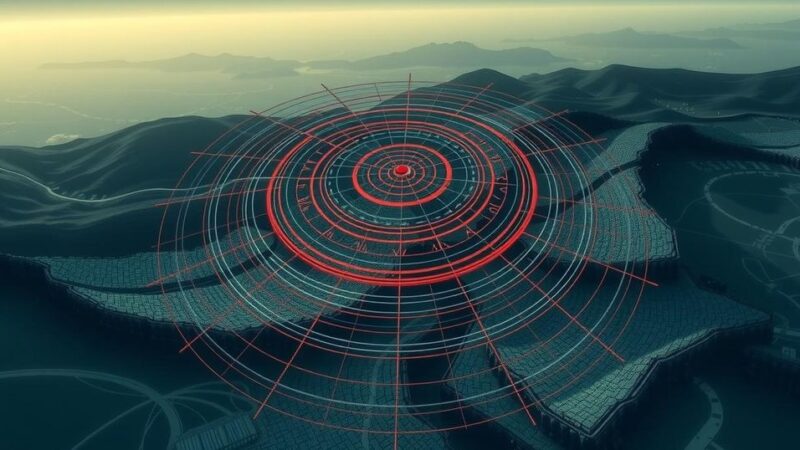President Trump suggested that Egypt and Jordan accept large numbers of Palestinian refugees from Gaza, but both nations rejected the idea due to concerns over national stability and the implications of permanent resettlement. Jordan’s foreign minister reiterated the country’s steadfast opposition, while U.S. political leaders expressed confusion regarding the practicality of Trump’s comments amid continued conflicts in the region.
In Doral, Florida, President Donald Trump proposed that Egypt and Jordan accommodate significant numbers of Palestinian refugees fleeing the dire conditions in Gaza. The notion, articulated while announcing a temporary ceasefire between Hamas and Israel, faced immediate rejection from both governments. Trump had indicated his intentions during discussions with Jordan’s King Abdullah and Egyptian President Abdel Fattah el-Sissi, expressing a desire to relocate approximately 1.5 million people from Gaza to alleviate the humanitarian crisis.
Both Egypt and Jordan remain apprehensive about such a transfer, fearing it could jeopardize their national stability. They contend that accepting displaced Palestine refugees may create permanent resettlement challenges, from which their governments are reluctant to recover. Presently, Jordan is already home to over two million Palestinian refugees, and Egypt has expressed concerns about the security of its Sinai Peninsula should large influxes occur.
The Jordanian Foreign Minister Ayman Safadi firmly opposed Trump’s proposition, reinforcing that there exists no intention of displacing Palestinians. Similarly, the Egyptian Foreign Minister stated that transferring the population of Gaza could escalate regional tensions, emphasizing the potential for further conflict. Trump acknowledged he possesses leverage over Jordan, a nation heavily reliant on U.S. foreign aid, especially in terms of security.
Despite Trump’s efforts, confusion persisted in U.S. political circles regarding the feasibility of his statements. Senator Lindsey Graham conveyed uncertainty about the practicality of relocating Palestinians, endorsing further dialogue among Middle Eastern leaders to explore viable solutions. Trump, maintaining his support for Israel, also announced military aid, including bomb supplies intended for Israel, which had faced restrictions under the previous administration.
Both Egypt and Jordan have engaged in peace agreements with Israel but continue to advocate for a Palestinian state. The displacement of Gaza’s population poses a significant threat to this goal, being regarded as a critical impediment to a lasting peace. Trump characterized Gaza as “literally a demolition site,” and expressed a preference for establishing new housing solutions in collaboration with Arab nations to foster lasting peace for the displaced Palestinian population.
In summary, President Trump’s proposal for Egypt and Jordan to accept Palestinian refugees from Gaza has been met with significant resistance from both nations. Concerns over national stability and the feasibility of resettlement drive their apprehension. Furthermore, U.S. political leaders express confusion over the practicality of such measures amid ongoing regional conflicts. The persistent advocacy for Palestinian statehood complicates any potential solutions for displaced populations.
Original Source: www.pbs.org






